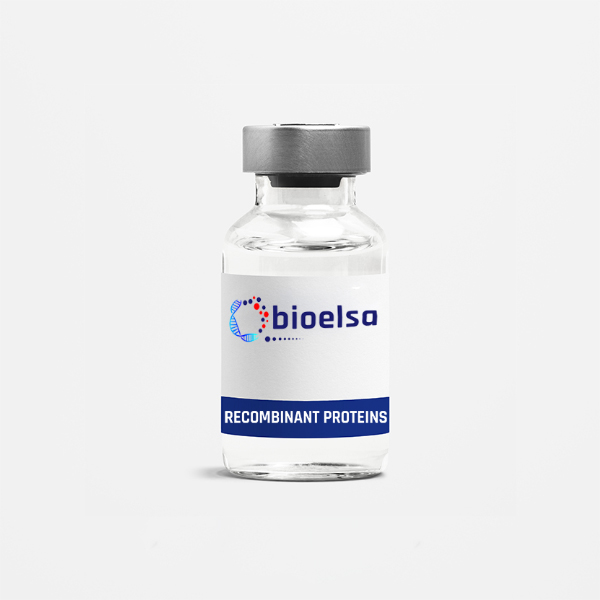| Gene ID |
4049 |
| Accession | P01374 |
| Alternative Name | TNF-beta, Lymphotoxin-alpha, LT-alpha, TNF-beta, Tumor necrosis factor ligand superfamily member 1, TNFSF1<br/>Recombinant Human Tumor Necrosis Factor-Beta (LTA) |
| Species | Human |
| Source | CHO cells |
| Description | TNF-beta is a potent mediator of inflammatory and immune responses. It belongs to the TNF family of ligands and signals through TNFR1 and TNFR2. TNF-beta is produced by activated T and B lymphocytes, and has similar activities to TNF-alpha. Like TNF-alpha, TNF-beta is involved in the regulation of various biological processes including cell proliferation, differentiation, apoptosis, lipid metabolism, coagulation, and neurotransmission. TNF-beta is secreted as a soluble polypeptide, but can form heterotrimers with lymphotoxin-beta, which effectively anchors the TNF-beta to the cell surface. TNF-beta is cytotoxic to a wide range of tumor cells. |
| Accession | P01374 |
| Functions | The ED(50) was Measured in a cytotoxicity assay using mouse L929 cells in the presence of the metabolic inhibitor actinomycin, and was determined to be less than 0.1 ng/mL. |
| Formulation | TNF-beta is presented as a 0.2 ?m filtered PBS solution pH 7.5. |
| Solubility | A quick spin of the vial followed by reconstitution in distilled water to a concentration not less than 0.1 mg/mL. This solution can then be diluted into other buffers |
| Appearance | Lyophilized Powder |
| Molecular Weight | 19 |
| Purity | >95% as determined by SDS-PAGE |
| Concentration | <1.0 EU/μg of recombinant protein as determined by the LAL method. |
| Shipping Condition | Ambient Temperature |
| Storage Condition | The lyophilized protein is stable for at least one year from date of receipt at -70?C. Upon reconstitution, this cytokine can be stored in working aliquots at 2? - 8?C for one month, or at -20?C for six months, with a carrier protein without detectable loss of activity. Avoid repeated freeze/thaw cycles. |
